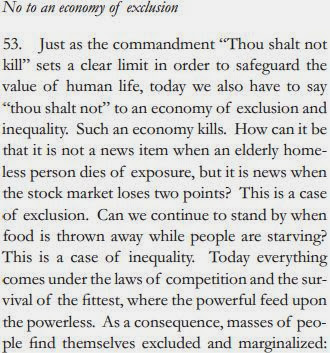You see, wind mills tend to kill eagles, along with MANY other species of birds. The Federal government and various wildlife preservation societies frown upon that and are willing to fine and/or sue the operators of said wind mills. This regulatory burden slows down the growth of the industry.
Well, maybe not. The industry has sought protection (immunity?) from this sort of action through a rule change handed down by the "Office of Information and Regulatory Affairs". It in effect holds them harmless in the event of an eagle kill because, well, they didn't really mean to.
Here is the relevant part (bolding and underling are mine). The whole rule can be found HERE:
Title: Eagle Permits; Changes in the Regulations Governing Eagle Permitting | |
Abstract: We will finalize our proposal to revise the regulations for permits for non-purposeful of take of eagles--that is, where the take is associated with, but not the purpose of, the activity. We proposed to extend the possible maximum term for programmatic permits to 30 years, as long as the permits incorporate conditions requiring the permittee to implement additional adaptive conservation measures if such measures are necessary to ensure the preservation of eagles. This change will facilitate the development of renewable energy and other projects that are designed to be in operation for many decades. These regulations will provide a measure of certainty to project proponents and their funders, while continuing to protect eagles consistent with statutory mandates.Basically 30 years of protection from prosecution for the industry. Do you agree or disagree with this? Here is a video of a this happening. WARNING!! NOT for the squeamish. |










